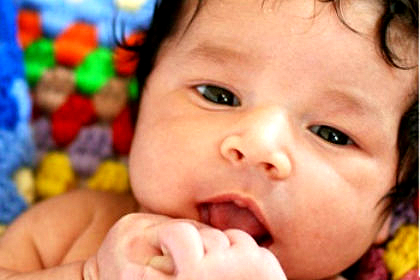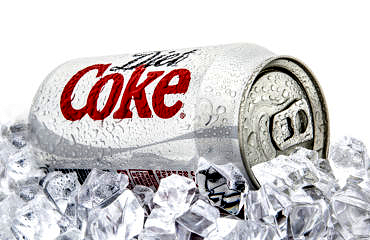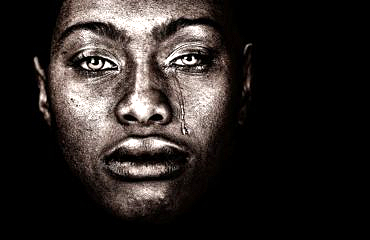When Your Baby Has A Fever

It’s the middle of the night. All of a sudden you hear your baby crying. You rush to check on her and she’s hot to the touch. Then you run to the bathroom to grab the thermometer, take her temperature and learn it is 103°F! What do you do? Your first impulse is to call your Doctor or rush to the emergency room. Trust me, as a mother of two, I understand how worried parents get when they discover their baby has a fever. Here are some helpful facts and tips that will help get you through these long nights.
First, let’s understand the purpose of a fever. Many parents have been led to believe that fevers are dangerous. Well, you can relax, the majority of fevers are not dangerous.
Understand that the fever itself is not the disease. It’s the body’s defense against disease. A fever naturally occurs as a response to an infection. As the body temperature rises, the infection is being eliminated. The common cold and flu are the most common sources of fever in children. It is more important to monitor and nourish your baby than it is to interrupt the body’s natural self-healing capabilities. Fevers do not usually require medical attention.
My baby has a fever? When is it considered a medical emergency?
If your child is less than 2 months old and his temperature exceeds 100°F, this may be a symptom of an infection related to the delivery of the baby or events that occurred shortly after birth. For example, a baby may contact an infection after a circumcision or from the germs in the hospital itself. Whatever it may be, take your newborn to the hospital if it gets a fever in the first few months of life.
In older babies, medical attention is required if the fevers that last longer than 3 days or is accompanied by other symptoms such as vomiting, persistent cough, respiratory distress, lethargy or any other abnormal symptom not typically associated with the flu or the common cold.
Febrile seizures, caused by a rapid change in body temperature, are a great concern. Physicians have proposed that febrile seizures are uncommon and rarely serious. If it does occur, protect your child by lying her down on her side to prevent choking. Protect her from hard or sharp object and ensure there are no breathing obstructions and call your doctor.
How do I know my baby has a fever?
First, understand a temperature of 98.6°F is not the “normal” temperature for everyone. It is just a statistical average. For babies, normal temperatures can range from 96.6°F to 99.4°F and can fluctuate throughout the day. Many parents consider high to be between 100°f and 102°F and dangerously high at 103°F to 104°F.
There is no relationship between the height of the fever and severity of a disease. For example, roseola is a non-threatening disease that produces high temperatures close to 105°F in some children! I’ve witnessed this with my own child when he was only 9 months. On the other hand, a more serious disease such as meningitis may produce a moderate temperature of 101°F.
Is there anything I should do when my baby has a fever?
It’s important to allow your baby to rest. This allows him to completely recuperate and avoid complication or a relapse.
Give your baby plenty of fluids to prevent dehydration. Babies can be nursed often or given water by spoon or an eyedropper every 30 minutes. Your baby may not have much of an appetite, but if your baby is eating solids, keep it light. Avoid sugar and dairy as they may prolong the infection.
Resist the temptation to reduce the fever. The increased temperature makes the body’s environment inhospitable to growth of pathogenic organisms. Suppressing the fever interferes with this defense mechanism, so it’s best to let the fever run its course. If you can’t overcome the temptation, you may make your baby more comfortable by placing her in water only 1°F to 2°F cooler than body temperature. Another option is to apply a tepid cloth across the forehead.
If you choose to use over the counter medications, please be aware of their dangerous side effects. Aspirin can cause intestinal bleeding, while Tylenol is toxic to the liver and kidneys.
I have allowed both of my sons to have their fevers without interference and today they have strong, well-developed immune systems. That’s what a fever can do for your child. After suffering from a fever, they will become more resilient and tolerant of infection. Children that aren’t able to complete their fever cycles may end up having deficient immune systems as adults.
In conclusion, healthy babies have fevers. It’s all part of a natural healing process. There is no need to panic the next time your baby has a fever, but if your instincts or gut feeling tells you that something is seriously wrong, do not hesitate to call your doctor.




